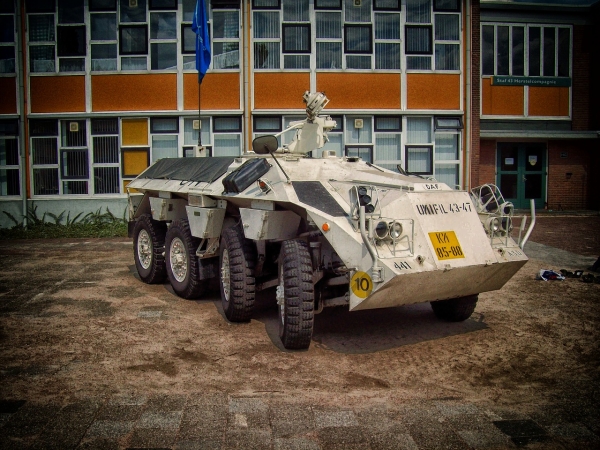The Action for Peacekeeping (A4P) Initiative was launched by the Secretary General of the United Nations (UN) in March 2018 with the aim of reaffirming the UN’s commitment to sustainable peacekeeping operations. Endorsed by 154 Member States and four regional organizations, it proposed eight areas of improvement and 45 commitments to promote peace processes worldwide. Despite progress being made towards A4P’s goals, such as decreasing the level of violence in South Sudan and supporting peaceful elections in the Central African Republic, significant challenges remain for UN peacekeeping operations.
Now, three years after A4P was born, Jean-Pierre Lacroix, United Nations Under-Secretary-General for Peacekeeping Operations, has launched its next phase. The new phase will include seven new high priority areas, in the Declaration of Shared Commitments. First, the Declaration reaffirms the importance of finding political solutions to conflicts, as the only way to achieve sustainable and long lasting peace. Second, it promotes accountability of both civilian and uniformed peacekeepers, which must remain a key priority to ensure the best performance of peacekeeping operations and the best conduct of personnel involved in the missions. In this regard, Lacroix also underlined the need for further protection for UN Blue Helmets, in response to attacks against them in Mali and in the Central African Republic.
The Declaration also restates the importance of promoting inclusive and participatory approaches to host governments by peacekeepers. It commits to practices which enhance local ownership and promote participation by civil society organisations in achieving A4P’s goals. Equal importance is given to collaboration with regional and international organizations in order to enhance the impact and success of peace efforts. Finally, the Declaration reaffirms the collective commitment to implementing the Women Peace and Security Agenda by including women in every step of peace processes, as well as in peace missions, and by increasing the number of women deployed in UN peace operations.
To know more please visit:
https://news.un.org/en/story/2021/03/1088562
https://peacekeeping.un.org/sites/default/files/a4p-declaration-en.pdf
Author: Alessia Rossinotti; Editor: Alexander Collin





